How The Matrix Reboot Could Actually Work
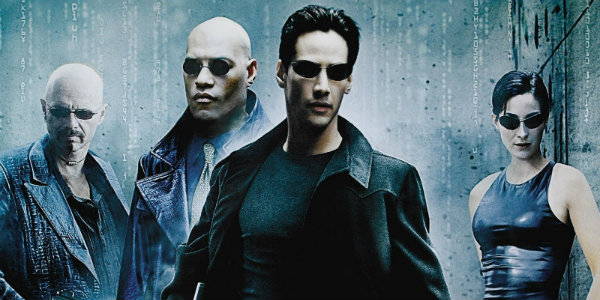
These days it seems as if every franchise eventually receives a reboot in some form or another. It doesn't matter if it's a horror movie, a comedy series, or a blockbuster action franchise; if a director can put a modern spin on the source material, you can rest easy knowing that a studio will find a way to pull it off. Opinions towards reboots vary, but one of the more exciting developments of the last few days is the announcement that Warner Bros. is currently looking into rebooting The Matrix franchise for a modern audience with Michael B. Jordan replacing Keanu Reeves as the series headliner.
Despite some adamant protests towards the possibility of rebooting a beloved franchise like The Matrix, we think there's some serious potential here. After all, it's worth remembering that the series did not end on a high note back in 2003. To help make sense of it all, we have compiled a list of reasons why a Matrix reboot could actually work. There's a wealth of material to talk about here, so let's (literally) start from the beginning and discuss the origins of the war between man and machine.
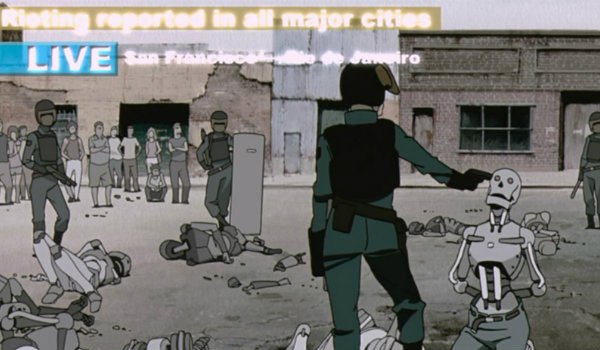
Explore The Origins Of The War
Oddly enough, The Matrix series is actually one of the few stories that are improved by a more fleshed out and less ambiguous backstory. The Animatrix -- a number of short films that tie into the main trilogy -- performed this duty brilliantly back in 2003 and expanded upon the foundation for the movies. What the movies don't show us, that The Animatrix does, is that the machines were a relatively peaceful group of individuals who wanted nothing more than equal rights and sovereignty. Prolonged hatred and discrimination from humans eventually escalated the war, to the point where the more warlike machines finally took control and subjected humankind to The Matrix. Changes like this to the existing continuity add so much more nuance to the source material, and it's the type of story element that a reboot would be wise to acknowledge and utilize in its narrative.
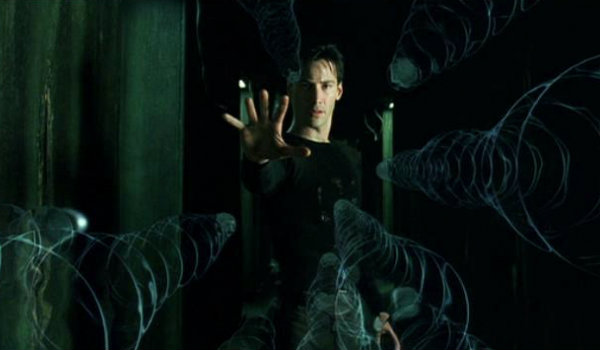
Reduce The One's Power (Or Get Rid Of Him)
If there is one definitive moment in the entire Matrix series that pinpoints where things started to go downhill, it is the moment we as an audience learned that Neo could stop bullets, phase through objects, and pretty much do anything else that he wanted. Given its numerous religious allegories, it makes sense for The Matrix to lean heavily on the belief in the divine and godlike. However, consistently showing us a protagonist who can do anything and almost never seems to be in danger takes faith out of the equation and makes it a mere superhero story. For a Matrix reboot to capture the spirit of the first (and easily the best) film in the franchise, it needs to remove the concept of "The One" from the story, significantly reduce the abilities of The One, or make him or her a less prominent character in the story.
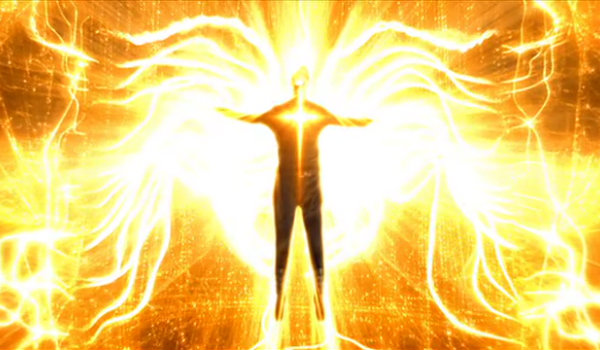
Keep It Within The Current Continuity
The world of The Matrix is wholly distinct from other film franchises because it quite literally lends itself to a reboot that exists within the established continuity. The Matrix we see in the original Matrix trilogy is one of several "versions" created by the Architect to represent the late 20th century. A rebooted Matrix series could easily take place in a brand new version of this computer landscape as a newer version designed by the same creator. This would ultimately imply that the events of the Keanu Reeves-fronted series still happened within the established Matrix continuity, while also making room for a new cast of characters to break themselves free during a new war with the machines. In an era where franchises like Ghostbusters, James Bond, and various superhero properties are constantly trying to find ways to move on from old continuities, this seems like an easy series for Warner Bros. to update correctly.
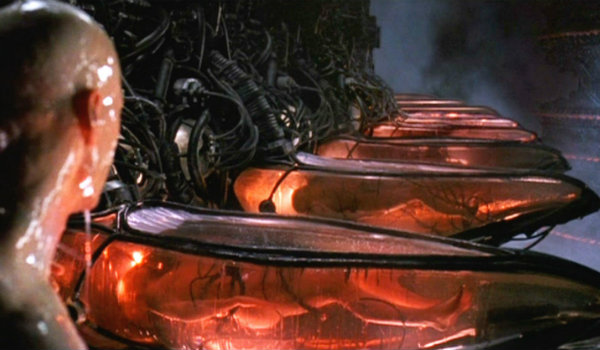
Examine Modern Concerns About Technology And AI
Not to sound like an average internet hot take, but there's a strong case to be made that a reboot of The Matrix feels incredibly timely and poignant for the times we live in. Growing concerns over technology, artificial intelligence, and the overall idea of cyber security have all become familiar conversations within the 24-hour news cycle in ways that the Wachowskis probably couldn't even have imagined in 1999. A reboot of this particular film franchise could broach some genuinely enthralling topics -- such as people who choose to embrace the machine over an organic existence, or whether or not artificially intelligent beings deserve fundamental rights -- in ways that the original films never did. The primary purpose of a reboot is to say something that the original didn't, and the rapid, seemingly unchecked growth of modern technology feels like a perfect arena for a new Matrix film to enter.
Your Daily Blend of Entertainment News
Originally from Connecticut, Conner grew up in San Diego and graduated from Chapman University in 2014. He now lives in Los Angeles working in and around the entertainment industry and can mostly be found binging horror movies and chugging coffee.

